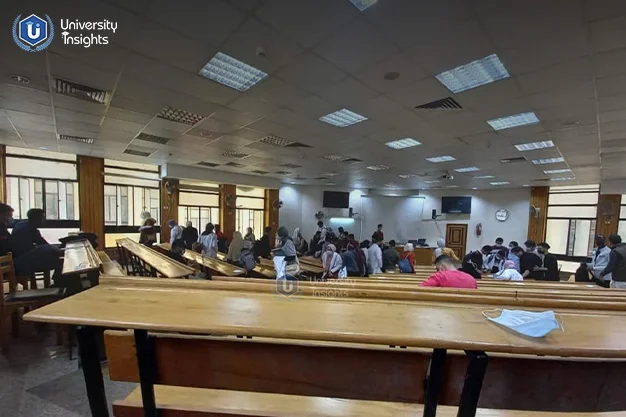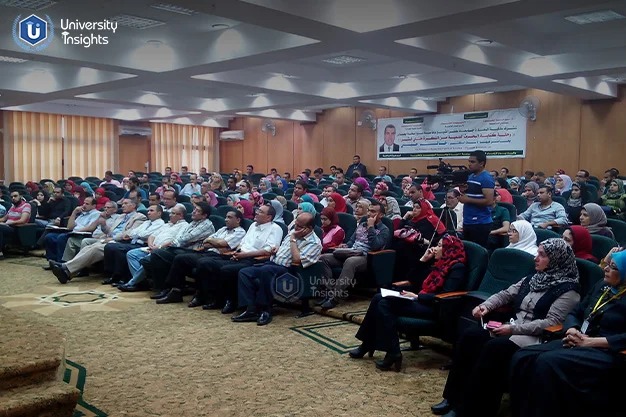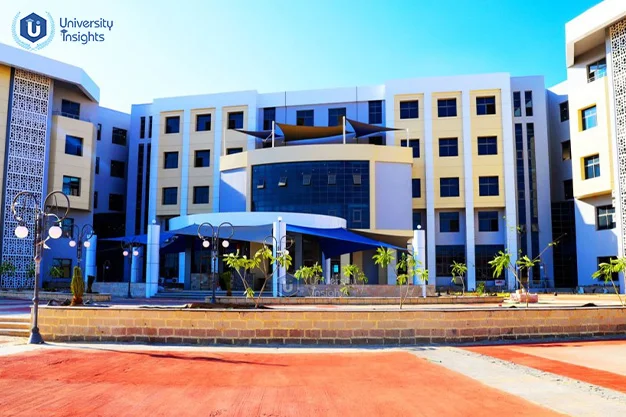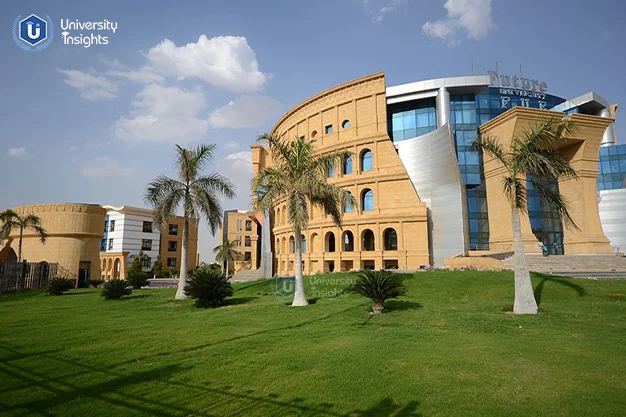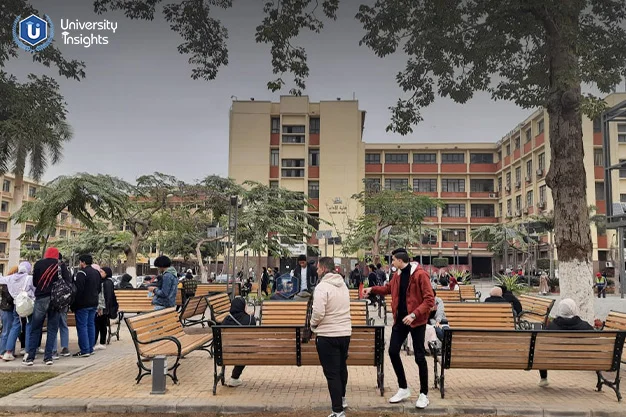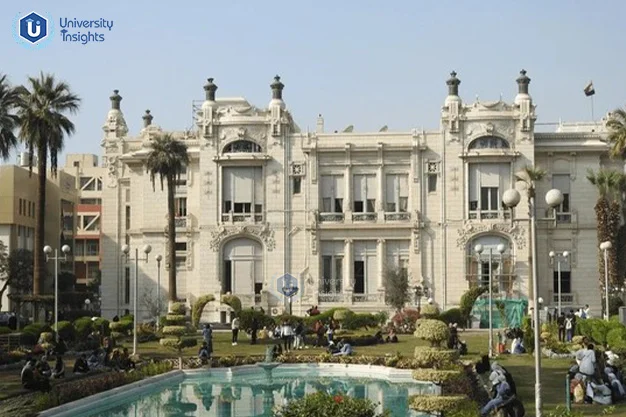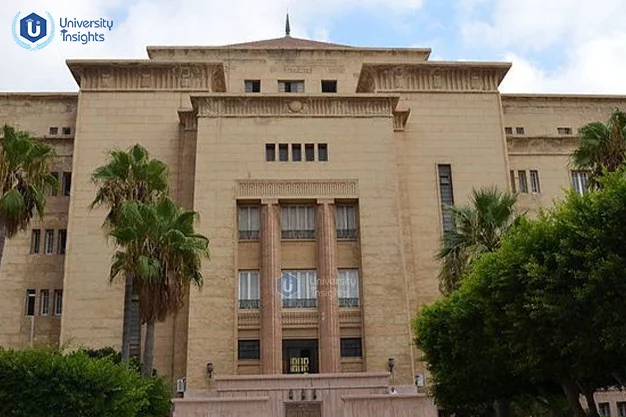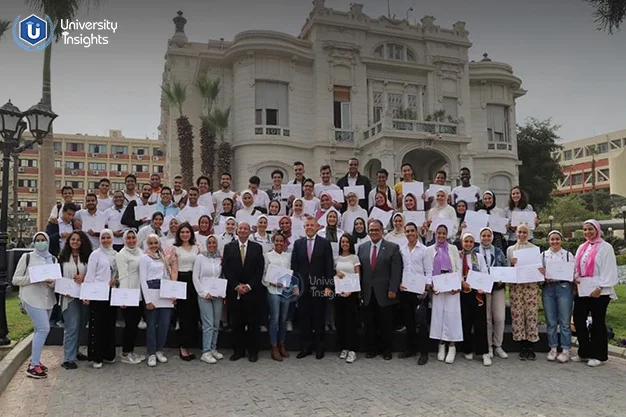MBBS in Egypt for Indian Students: Study MBBS in Egypt 2026-27 - Admission, Eligibility, Fee Structure
MBBS in Egypt is becoming a popular choice among Indian students looking to pursue MBBS abroad in a country that offers NMC-approved universities, English-medium instruction, and strong clinical exposure. With its globally recognized curriculum, rich medical history, and modern teaching infrastructure, MBBS in Egypt for Indian Students is an excellent alternative to expensive private colleges in India.The average MBBS in Egypt fees range from ₹30 to ₹45 lakhs for the complete course, which includes tuition, hostel, and other academic costs. Leading institutions such as Cairo University, Ain Shams University, Alexandria University, and Mansoura University are known for their academic excellence, affordable cost structure, and increasing FMGE success rates. Students also benefit from well-equipped hospitals, Indian food availability, and cultural familiarity. This article guides you through all critical aspects like Egypt MBBS eligibility, admission timelines, visa process, accommodation, and how University Insights can help you get direct admission in top medical universities in Egypt for the 2026–27 intake.

